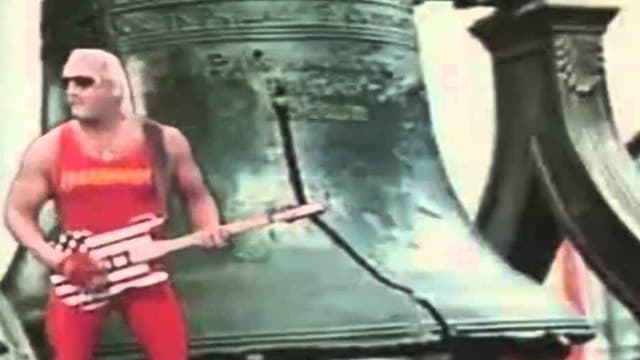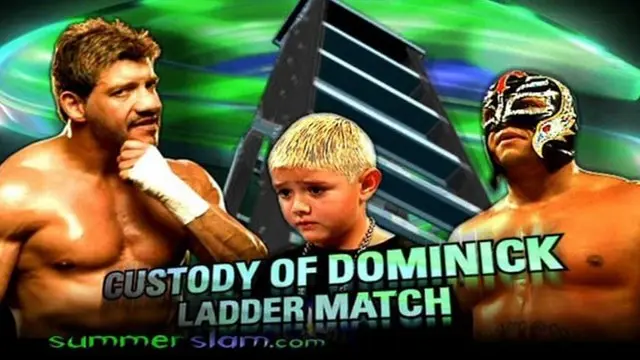0Comments
PUBLISHED
WWE's War on Terror
About the Author
Oumar Saleh
Oumar Saleh is a freelance pop culture writer based in London, England. His work has been published at Passion of the Weiss, Crack and NME among others, as well as being one-thirds of Exit the 36 Chambers - a podcast which convinced the Guardian that he and his co-hosts are "true hip hop heads", whatever that means.
Newest


